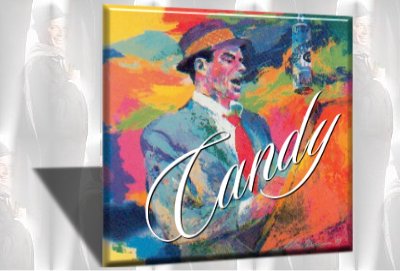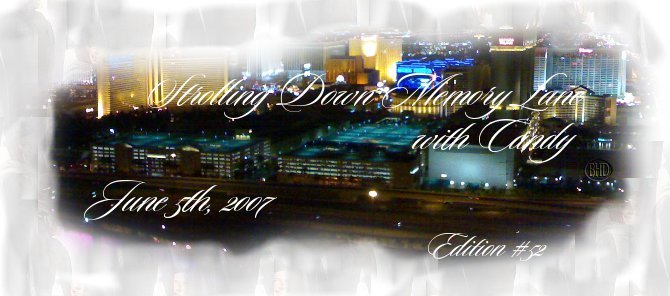
To visit this star from the past we will do quite a bit of strolling, from Hoboken, New Jersey to Hollywood, California and points in between. It's time to pay tribute to
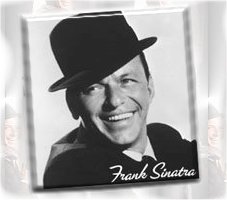
Sinatra, more than any other performer, turned Las Vegas into “The Entertainment Capital Of The World.” Some of you may find it hard to imagine the Las Vegas of that time because it was more dessert than glamour.
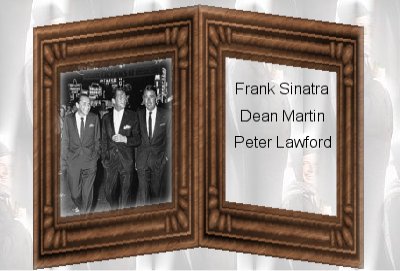
He loved, he brawled, he had style, he had guts, he could even act. And, oh yeah, he defined American pop.
Whether he was called "The Voice," "Ol' Blue Eyes," or "The Chairman of the Board," Frank Sinatra's nicknames all conveyed the adulation and respect reserved for a man who was commonly thought of as the best American popular singer of the 20th century. Sinatra's voice, whether manifested in song or spoken word, caressed the ears of many a listener for more than five decades. Sinatra's legacy -- countless songs and more than 70 films -- continue to ensure him the kind of popularity that has reached beyond the grave to elevate him past the status of mere icon to that of cultural institution.
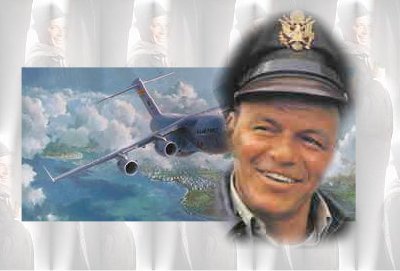
Born Francis Albert Sinatra on December 12, 1915, Sinatra grew up poor in Hoboken, NJ. After working for a newspaper, he organized the Hoboken Four, a singing group. He got his first break when he won first prize on radio's "Major Bowes Amateur Hour," and went on to perform in nightclubs and on radio. Sinatra then landed the job of vocalist with the Harry James band, and later switched to Tommy Dorsey Orchestra. It was during his tenure with Dorsey's group that Sinatra made his first two films in uncredited roles as a singer in the bands in Las Vegas Nights (1941) and Ship Ahoy (1942).
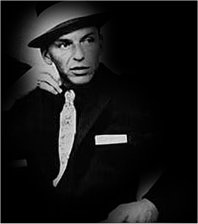
Sinatra suffered a career setback in 1952 when his vocal cords hemorrhaged and he was dropped by MCA, the monolithic talent agency. Having established a shaky screen career, he fought back and landed the role of Angelo Maggio in From Here to Eternity (1953) after begging Columbia for the part and then agreeing to take it for a mere 8,000 dollars. His performance won him the 1954 Best Supporting Actor Oscar and a Golden Globe, and, in the process, resuscitated his faltering career. Sinatra appeared in several more movies in the '50s, receiving a 1956 Best Actor Oscar nomination and a British Academy Award (BAFTA) for his portrayal of a drug addict in The Man with the Golden Arm (1955).
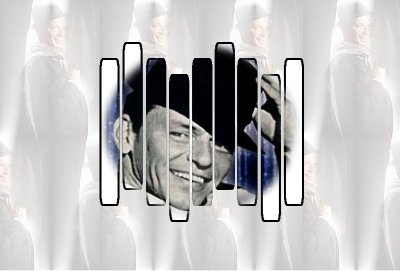
When you heard him sing "My Way", you knew every word was true....
Until our next "Stroll" Do it Your Way and keep an irrestible smile on your face!
